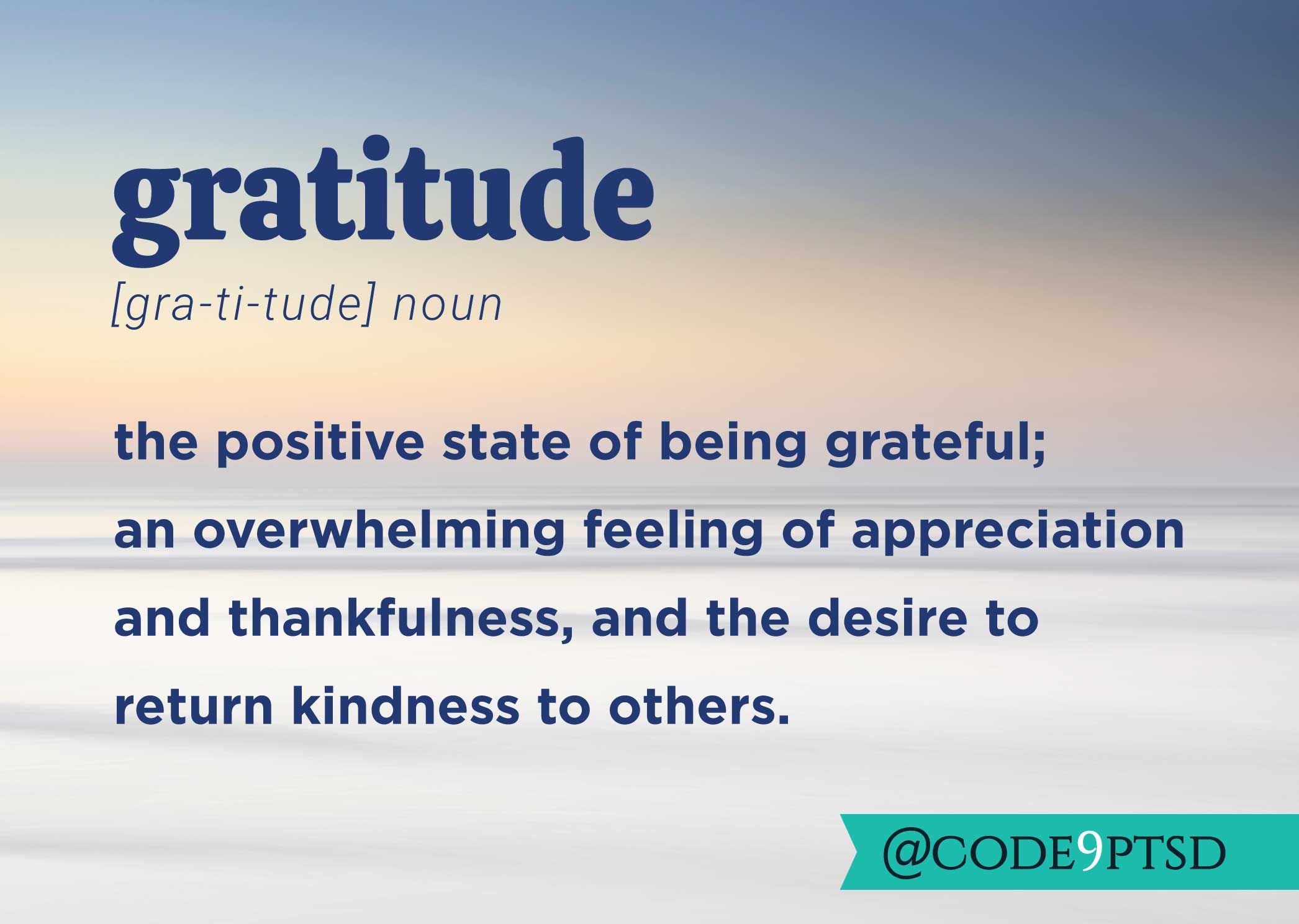The Transformative Power of Gratitude
Enhancing Mental Health Through a Daily Practice
In the pursuit of happiness and well-being, we often overlook one simple yet powerful tool that is readily available to us: gratitude.
Gratitude practice involves consciously acknowledging and appreciating the positive aspects of our lives.
It has been shown to have remarkable effects on mental health, offering a myriad of benefits for overall well-being.

Enhancing Emotional Resilience
Expressing gratitude on a regular basis has been linked to enhanced emotional resilience.
When we actively acknowledge and appreciate the positive experiences, relationships, and moments in our lives, we build a buffer against negative emotions.
Gratitude helps us navigate difficult times by providing a sense of emotional strength and hope.
It allows us to find silver linings, learn from setbacks, and cultivate a more positive mindset, even in the face of adversity.
Cultivating Mindfulness and Presence
Practicing gratitude encourages us to be more mindful and present in our daily lives.
By focusing on the present moment and intentionally seeking out things to be grateful for, we cultivate a deeper sense of awareness and connection.
This mindfulness not only enhances our ability to savor and fully experience the joys of life but also helps us break free from the cycle of rumination and worry that often contributes to anxiety and depression.
Gratitude practice anchors us in the here and now, fostering a greater sense of peace and contentment.
Strengthening Social Connections
Gratitude is a social emotion that can strengthen our relationships and foster a sense of belonging.
When we express gratitude towards others, whether through a simple thank-you or a heartfelt note, we not only acknowledge their positive impact on our lives but also reinforce the bond between us.
Gratitude practice promotes empathy, compassion, and kindness, which are essential components of healthy and fulfilling relationships.
By nurturing our social connections, gratitude enhances our overall mental well-being.
Practice gratitude
Incorporating a gratitude practice into our daily lives is a simple yet profound way to enhance our mental health and overall well-being.
By shifting our perspective, enhancing emotional resilience, cultivating mindfulness, and strengthening social connections, gratitude practice empowers us to lead more fulfilling and meaningful lives.
It reminds us of the abundance and goodness that exists within and around us, even during challenging times.
So, let us embrace the transformative power of gratitude and make it a regular part of our lives, reaping the countless mental health benefits it has to offer.
What are you Grateful for?
You can be grateful for a wide range of things, and the beauty of gratitude is that it can be found in both the big moments and the small everyday experiences.
Being grateful for these things not only enhances well-being but can help us cultivate a positive outlook and stay mindful of what truly matters.
In the face of mental injury, anxiety and depression, it’s normal to feel overwhelmed, but recognising even the tiniest things you’re grateful for can slowly build up a sense of perspective. It doesn’t mean the pain goes away, but it can help create space for healing, hope, and moments of relief.
Here are a few things may help you starting your gratitude practice:

Your Body’s Resilience
Even when your mind is battling, your body continues to carry you through the day. You might not feel like running a marathon, but your body still functions and gives you the ability to breathe, rest, and keep going. Being grateful for your physical health—even if it’s imperfect—can remind you that there’s resilience within you.

Personal Strengths and Achievements
You might feel like you’ve lost your way or that something in your life is all-consuming, but it’s important to acknowledge any strengths or achievements, no matter how small. Maybe you managed to get out of bed, take a shower, or have a conversation with someone. These small wins are worth being proud of, and recognising them can help you feel more capable.

Connection to Nature
n Australia, we’re lucky to have an abundance of nature around us. Whether it's the beach, the bush, or the mountains, nature can have a calming, grounding effect. Being grateful for the beauty and peace that nature provides can give you a sense of renewal, even if it’s just for a short while.

Small Moments of Peace
Even in the midst of anxiety or depression, there are often small moments of calm—a few minutes of stillness, a gentle breeze, or a quiet cup of tea. Being grateful for these small moments can create a sense of grounding and remind you that not everything feels overwhelming all the time.

A Safe Place to Rest
Having a roof over your head, somewhere to sleep, and the comfort of knowing you are safe from harm is something many people take for granted. Even if you’re struggling, being grateful for the peace of your home can help create a sense of stability.

Basic Needs
Clean water, food, shelter, and access to health services are privileges many people around the world don’t have. Being able to meet these basic needs is something to appreciate daily.

The Ability to Seek Help
It takes courage to reach out when you’re struggling. Being grateful for your own strength in seeking help, whether it’s booking an appointment with a therapist or simply talking to someone about how you're feeling, can be empowering. It’s a reminder that you have the ability to take steps towards recovery.

The Comfort of Familiar Things
Familiar routines or objects—like your favourite book, a comforting song, or a cherished memory—can bring small moments of relief and connection. Being grateful for these little things can help create a sense of normalcy.

Support from Loved Ones
Even if you’re feeling isolated or misunderstood, there are often family, friends, or even just a few key people who care about you. Being grateful for their support can remind you that you’re not alone in your struggle. Having someone to talk to, or even just knowing they’re there, can be a source of comfort. You're never actually alone.

The unconditional love of an animal
Pets, especially dogs and cats, offer love without any strings attached. They don’t judge, and they’re always there for you, ready to snuggle or sit by your side. Their presence can be incredibly comforting, especially when you’re feeling lonely, stressed, or down. In this way, pets become constant, non-judgmental sources of emotional support. Being grateful for their companionship can remind you that you’re loved, no matter what.

Health
Your or your loved ones physical health, is something that’s easy to take for granted. It is easy to feel low if you are experiencing a health set back but often, when becoming aware of the struggle of many others it can become clear how much of a blessing your health truly is.

Freedom and Safety
Living in a country with relative safety, freedom of expression, and the ability to make choices about your life is something many people are grateful for, especially when seen in the context of global challenges.

Access to Mental Health Resources
In Australia, in addition to Code 9, there’s a lot of support available through services like Beyond Blue, Lifeline, or other local mental health professionals. Being grateful for access to these resources can offer hope, especially if someone feels they’ve been stuck. Therapy, medication, or just having someone to check in with can make a real difference.